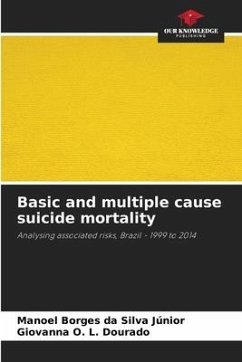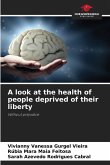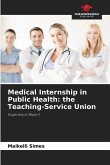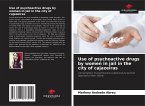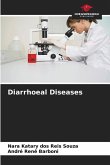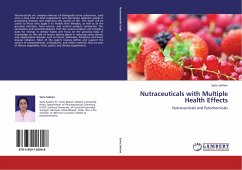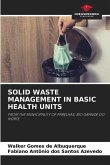Suicide is widely understood as intentionally taking one's own life. It can be related to socio-demographic, economic, psychosocial, biological and family problems. Every 40 seconds a person commits suicide, making it a public health problem. With this in mind, Brazil created Yellow September with the aim of breaking the taboo on mental health and raising awareness to encourage prevention, reversing the situations we are currently experiencing worldwide. The study aimed to characterise suicide mortality in Brazil between 1999 and 2014. This is an ecological study with an analytical approach using suicide cases in Brazil reported between 1999 and 2014. The study covered deaths reported in the Mortality Information System (SIM) through the Department of Informatics of the Unified Health System (DATASUS). Spatial analyses were carried out using software such as the Geographic Information System (GIS) programmes ArcGIS and qGIS, distributing the overall and smoothed mortality coefficients, and the statistical analysis was carried out using the statistical analysis programme STATA. We hope you enjoy reading it.
Bitte wählen Sie Ihr Anliegen aus.
Rechnungen
Retourenschein anfordern
Bestellstatus
Storno

